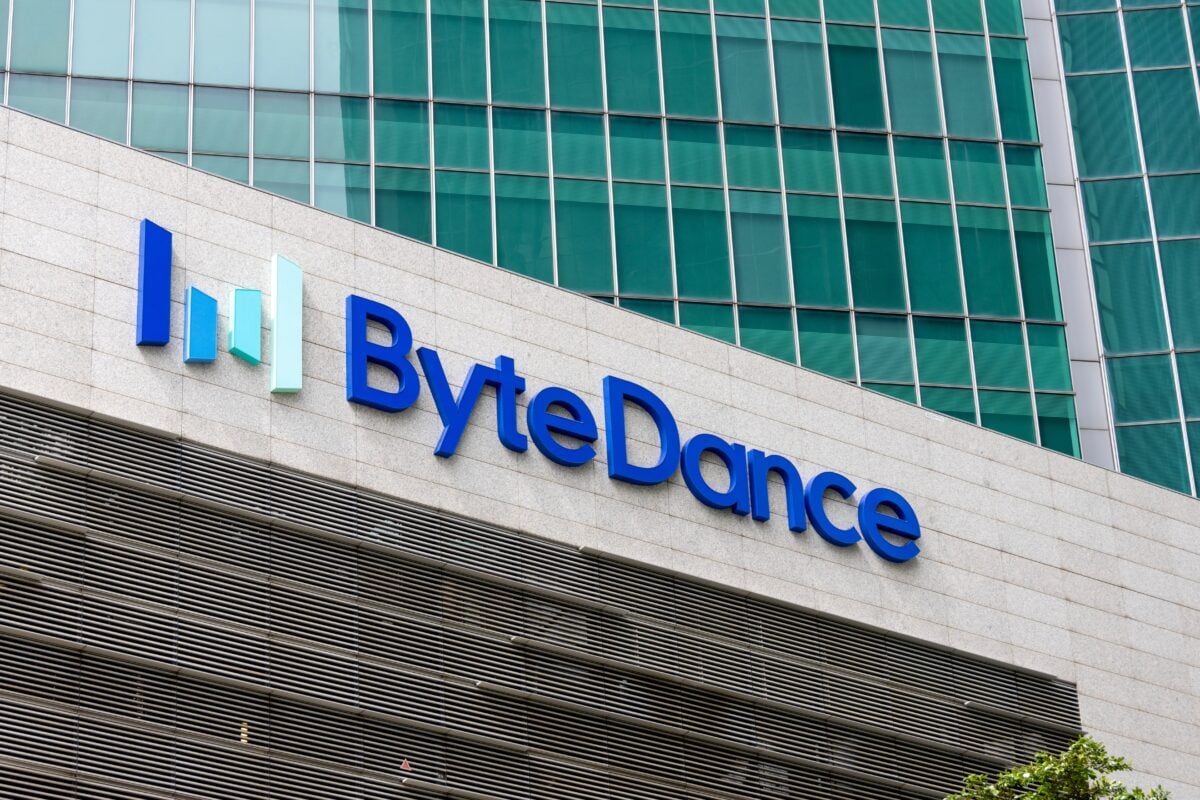TLDRs:
- Zhang Yiming has resumed a direct role in ByteDance’s AI efforts after stepping down in 2021.
- ByteDance is intensifying its push in AI as rivalry with Tencent, Alibaba, and SenseTime heats up.
- Zhang is focusing on AGI research, reflecting long-term ambitions amid a price-driven AI race.
- China’s AI roadmap is entering its commercialization phase, with ByteDance aiming for leadership.
Zhang Yiming, the billionaire founder of ByteDance, has quietly re-emerged at the center of the company’s artificial intelligence strategy, marking a notable shift in the competitive dynamics of China’s tech sector.
After stepping down from his roles as CEO and chairman in 2021, Zhang had remained largely out of the public eye. But insiders now confirm he has resumed an active role behind the scenes, attending AI meetings and shaping ByteDance’s research direction at a time when the company is locked in an increasingly fierce race with Alibaba, Tencent, and a rising SenseTime.
Zhang’s Return Shifts ByteDance’s AI Strategy
Zhang’s reengagement, which began in mid-2024, coincides with a pivotal phase in China’s AI industry. While he is primarily based in Singapore, Zhang frequently travels to China to confer with the company’s top AI scientists and engineers.
His renewed interest appears sharply focused on artificial general intelligence, or AGI, a long-term vision that seeks to replicate human cognitive abilities across diverse tasks. Sources suggest this interest is not just symbolic, as Zhang is deeply involved in aligning ByteDance‘s research milestones with this goal.
China’s AI Race Intensifies Among Giants
ByteDance, best known globally for TikTok, is now positioning itself as a serious contender in the next phase of AI development.
Its recent release of low-cost AI tools has been interpreted as a direct move to gain a competitive edge in a market increasingly defined not just by technological prowess but also pricing strategy. These cost-efficient offerings are seen as a response to growing pressure from players like DeepSeek, whose value-driven models have earned them international visibility.
Zhang’s involvement is seen by many analysts as a bid to ensure ByteDance remains at the cutting edge in both innovation and accessibility.
The competitive landscape is evolving rapidly. Earlier this month, SenseTime unveiled significant upgrades to its SenseChat platform, integrating multimodal capabilities that support simultaneous audio, video, and text interaction. ByteDance’s own moves in this space have not been made public in detail, but Zhang’s hands-on approach suggests the company is preparing its response.
For context, China’s long-standing national AI strategy, initiated in 2017, had targeted global leadership by 2030. What was once a roadmap is now playing out through commercial battles, as companies like ByteDance, Alibaba, and Tencent race to turn research into dominance.
AGI at Heart of ByteDance’s Vision
Zhang’s quiet comeback also underscores the shifting influence dynamics within China’s tech ecosystem. While the traditional “BAT” trio, Baidu, Alibaba, and Tencent, once set the tone, newer players like ByteDance and SenseTime are increasingly steering the conversation. In this more fragmented yet fast-moving environment, Zhang’s leadership may serve as a stabilizing force and a catalyst for acceleration.
Though ByteDance has made no public comment about Zhang’s current role, his strategic presence speaks volumes. It signals a renewed determination not just to compete but to lead in a sector that China sees as essential to its technological and economic future.






